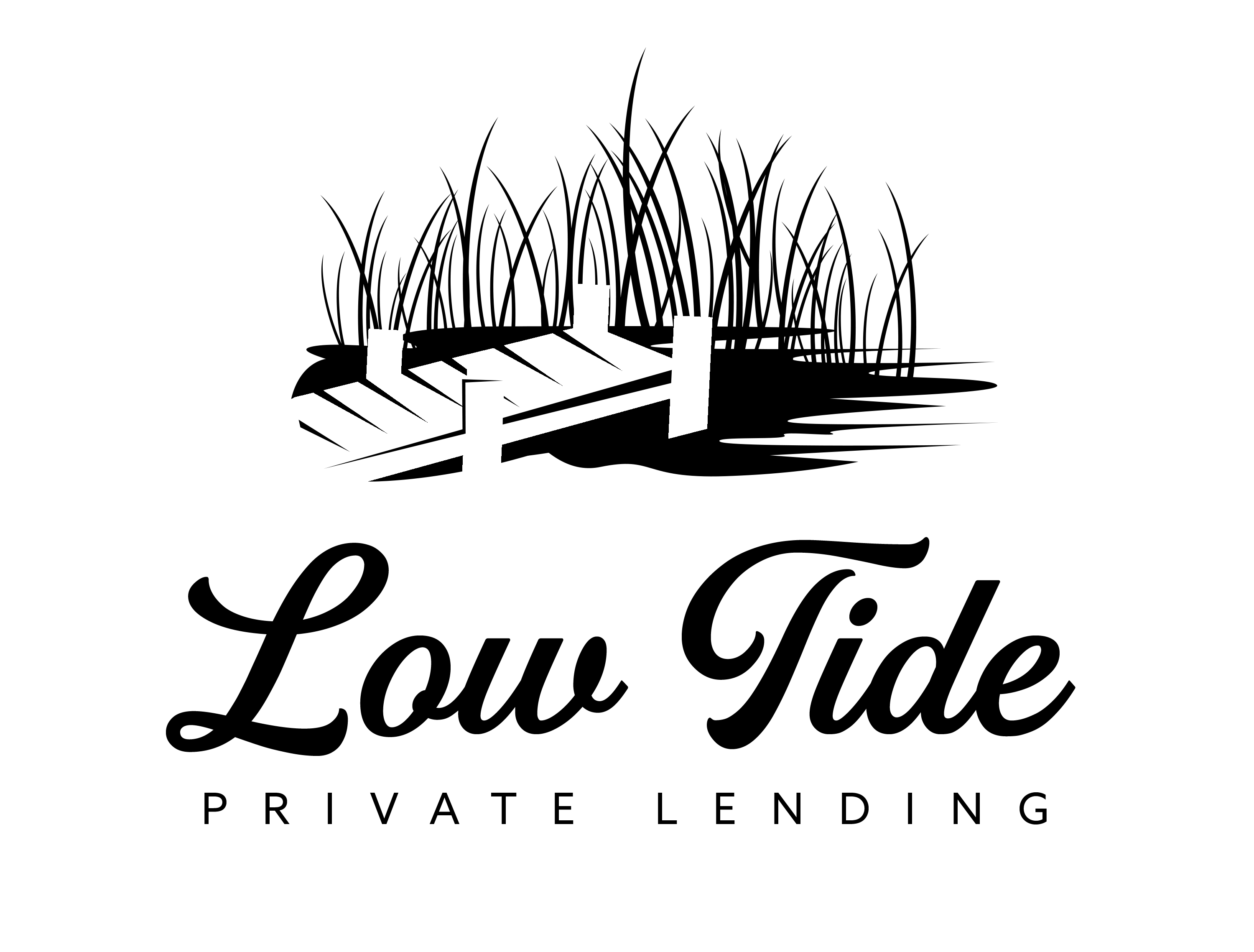In the realm of personal finance and real estate investment, there exists a lesser-known yet highly effective strategy known as “house hacking.” This ingenious approach involves leveraging your primary residence to generate income, essentially turning your home into a revenue-generating asset. From renting out a portion of your property to creative space utilization, house hacking offers a pathway towards financial freedom and building wealth. In this blog post, we’ll delve into the concept of house hacking, explore various methods, and discuss its potential benefits.
What is House Hacking?
House hacking is a strategic method of real estate investing where homeowners utilize their primary residence to generate rental income. Unlike traditional real estate investing, where individuals purchase properties solely for rental income, house hacking involves living in the property while simultaneously renting out a portion of it to offset or cover mortgage expenses and other costs associated with homeownership.
Examples of House Hacking
- Accessory Dwelling Units (ADUs): One popular form of house hacking involves purchasing a property with an Accessory Dwelling Unit (ADU), such as a basement apartment, a converted garage, or a separate guesthouse. Homeowners can live in the main house while renting out the ADU as a long-term or short-term rental to generate additional income.
- Multi-Unit Properties: House hacking can also be achieved by purchasing a multi-unit property, such as a duplex, triplex, or quadplex. Owners can live in one unit while renting out the others, effectively covering their own housing costs with rental income.
- Room Rentals: Another common method of house hacking involves renting out individual rooms within the primary residence. This could include converting an unused bedroom into a rental unit or sectioning off a portion of the house to create a separate living space, such as a mother-in-law suite or studio apartment.
Benefits of House Hacking
- Income Generation: By renting out a portion of your property, house hacking allows homeowners to generate rental income, which can be used to offset mortgage payments, property taxes, insurance, and other housing-related expenses.
- Reduced Housing Costs: House hacking significantly reduces or eliminates the homeowner’s housing expenses, allowing them to build equity in their property while saving money on rent or mortgage payments.
- Building Equity: As rental income helps cover mortgage payments, homeowners can build equity in their property at an accelerated rate, potentially leading to long-term wealth accumulation.
- Diversification of Income: House hacking provides an additional source of income, diversifying the homeowner’s revenue streams and reducing reliance on a single source of income.
- Tax Benefits: Homeowners may also benefit from various tax advantages associated with rental property ownership, such as deductions for mortgage interest, property taxes, depreciation, and maintenance expenses.
Challenges and Considerations
While house hacking offers numerous benefits, it’s essential to consider potential challenges and factors before embarking on this strategy:
- Property Selection: Not all properties are suitable for house hacking. It’s crucial to carefully assess the property’s location, condition, zoning regulations, and potential rental income before making a purchase.
- Tenant Management: Managing tenants and rental properties can be time-consuming and require specific skills and knowledge. Homeowners should be prepared to handle tenant screening, lease agreements, maintenance requests, and other landlord responsibilities.
- Regulatory Compliance: Depending on local regulations and homeowners’ association (HOA) rules, there may be restrictions or requirements related to renting out a portion of the property. It’s essential to familiarize oneself with applicable laws and regulations to avoid potential legal issues.
- Personal Lifestyle: House hacking involves sharing living space with tenants, which may not be suitable for everyone. Homeowners should consider their lifestyle preferences and personal boundaries before renting out a portion of their property.
House hacking represents a smart and innovative approach to real estate investing and personal finance. By leveraging their primary residence to generate rental income, homeowners can reduce housing costs, build equity, and accelerate their journey towards financial freedom. Whether through ADUs, multi-unit properties, or room rentals, house hacking offers a flexible and accessible strategy for individuals looking to enhance their financial well-being. However, it’s essential to conduct thorough research, evaluate potential risks, and seek professional advice before pursuing house hacking as an investment strategy. With careful planning and execution, house hacking has the potential to unlock new opportunities and transform homeownership into a powerful wealth-building tool.
